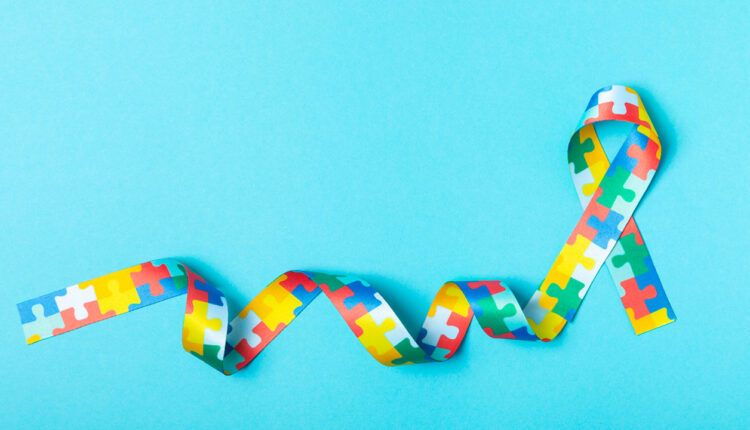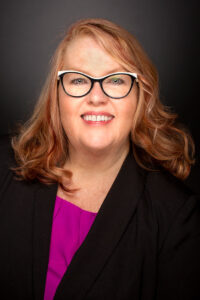
Dental Hygiene Director’s Passion for Inclusive Care Leads to Immersive Education
At Utah Valley University, Dental Hygiene Program Director Sandy Wilson, RDH, MACI, has created a visionary partnership with the Melisa Nellesen Center for Autism to ensure children with autism receive tailored dental experiences that build trust and break barriers.

In a quiet corner of Utah Valley University (UVU) in Orem, a transformation is taking place, not just in oral health, but in hearts, minds, and futures. Now in its seventh year, a powerful partnership between UVU’s Dental Hygiene Program and the Melisa Nellesen Center for Autism is rewriting the narrative on dental care for children with autism spectrum disorder (ASD). At the center of it all is Sandy Wilson, RDH, MACI, program director of dental hygiene and chair of UVU’s Allied Health Department, whose passion for inclusive care has sparked a movement.
“The Melisa Nellesen Center for Autism is such an amazing addition to UVU and the community. I contacted the director, Laurie Bowen, PhD, the first year the center opened to ask if we could partner together,” Wilson recalls. “She was key in allowing me to get this high-impact learning experience going.”
Each year, Wilson integrates a specialized, multistage autism-centered project into her public oral health course. The experience begins with student training on ASD and sensory sensitivities, followed by the creation of customized dental education programs for children at the center. These aren’t one-size-fits-all presentations — they’re immersive, joyful learning moments where future dental hygienists meet kids exactly where they are.
“Following the implementation of the program, my students have a debrief and reflection time. We talk about what went well and what we could have done differently. The majority of students comment they are grateful for this experience. They will be seeing patients with autism in private practice, and this helps prepare them for those appointments,” Wilson shares.
A Nonlinear Career Path
Wilson’s own path to this work was far from linear. A first-generation college student, she studied broadcast journalism simply because her roommates were also majoring in it. After a stint working for Chevron Oil Company as a pumper/gauger monitoring oil wells, a rugged outdoor job she unexpectedly loved, in which her position was downsized, she found herself jobless with a family to support.
“One of my close friends, a career counselor, told me, ‘Apply to the dental hygiene program. Its job placement rate is 100%,’” she remembers. “I had to take a few prerequisite classes and applied. I was so fortunate to be accepted on my first attempt. This happy accident turned out to be one of my life’s greatest blessings. I have had 30 years of opportunities provided to me by achieving this degree.”
That journey shaped her deep empathy for students who don’t fit the traditional mold. “I wasn’t from a dental family. I don’t think I had ever even looked in another person’s mouth before dental hygiene school,” Wilson comments. “I would tell students with similar life experiences that if they are willing to work hard, they can make it happen. If they love working with people and want to help improve patients’ health, they are in the right profession.”
Experience-Based Learning
And for students in Wilson’s program, the reward comes not just in skills, but in experiences. Through their work with the Melisa Nellesen Center for Autism, they learn to adjust tone, modify clinical environments, and collaborate with caregivers and therapists. They see the powerful results of trust-based care.
“One high-impact moment for many students occurs the first time a nonverbal child with autism successfully completes a cleaning after weeks of gradual desensitization. It’s a breakthrough, not just for the patient, but for the student, who sees firsthand how perseverance and empathy can transform outcomes,” Wilson explains.
Such hands-on, service-based learning experiences appropriately prepare dental hygiene students for the realities and demands of modern healthcare. Oral health professionals are expected to provide more than just prophylaxes.
“In today’s healthcare landscape, professionals are not only expected to be technically proficient but also culturally competent, adaptable, and empathetic,” Wilson notes. The Center for Autism partnership provides an immersive, real-world environment where students must adapt clinical techniques to meet the diverse needs of neurodivergent patients — something textbooks alone cannot teach.”

